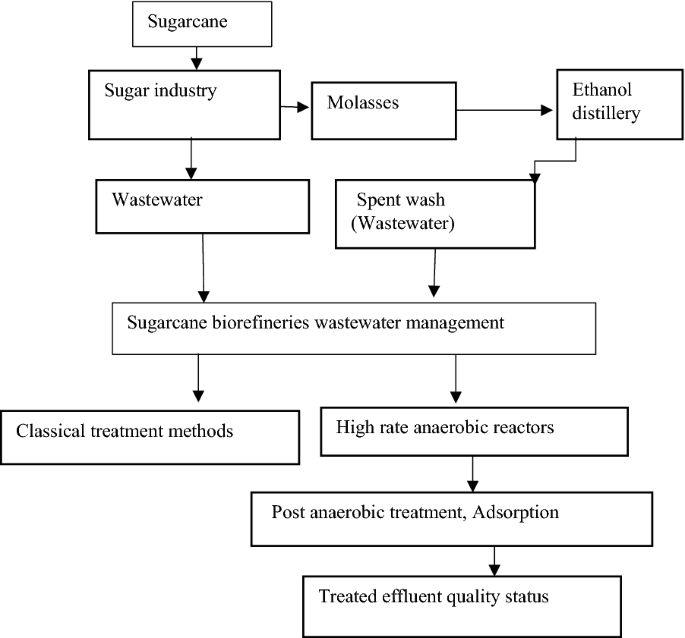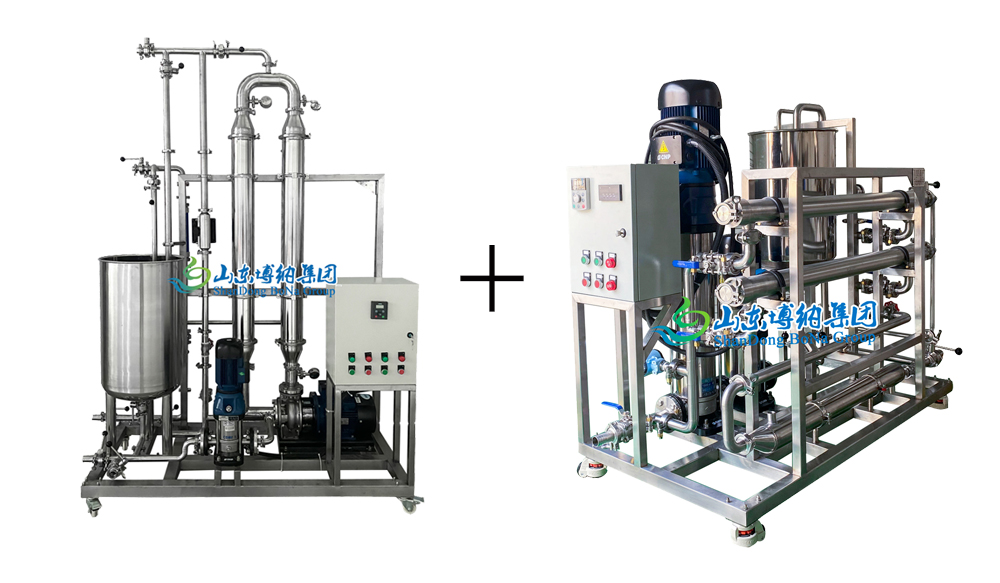Opening the Prospective of Products From Sugarcane: a Comprehensive Overview
The potential of sugarcane extends far past its traditional usage for sugar manufacturing. This overview discovers the complex applications of sugarcane, from energy and eco-friendly products to health products. By analyzing its journey from area to manufacturing facility, it discloses just how sustainable techniques can transform waste right into beneficial sources. As sectors look for environmentally friendly remedies, the inquiry continues to be: just how can these innovations improve our technique to agriculture and production?

The Trip of Sugarcane: From Area to Manufacturing facility
Sugarcane goes through an interesting transformation as it travels from lavish fields to dynamic manufacturing facilities. In the fields, the tall, eco-friendly stalks are harvested, usually by mechanical ways or manual work. As soon as cut, the sugarcane is swiftly transported to refining centers to ensure optimum freshness. At the manufacturing facility, the initial action includes squashing the walking cane to draw out the wonderful juice, which includes sucrose. Products From Sugarcane. This juice is after that filtered and made clear, eliminating impurities. Following this, it undergoes evaporation to focus the sugar content, bring about condensation. The resulting sugar crystals are divided from the remaining molasses through centrifugation. The sugar is dried out and packaged for circulation. Throughout this journey, keeping high quality and performance is vital, as the methods utilized directly effect the item's final top quality. This transformation not only highlights the farming importance of sugarcane however additionally its significant duty in the international economic climate
Sugar and Its By-products: Even More Than Just Sweet taste
The transformation of sugarcane right into polished sugar unlocks to a wide selection of items and applications that prolong beyond plain sweet taste. Sugar and its derivatives, such as molasses, brownish sugar, and glucose, play crucial roles in numerous markets, including food, drugs, and cosmetics. In the food sector, these ingredients enhance flavors, enhance structure, and work as preservatives.Molasses, a result of sugar manufacturing, is abundant in vitamins and minerals, making it a beneficial component in natural food and pet feed. Sugar, a basic sugar originated from sugarcane, acts as a considerable energy source in sporting activities nourishment and is necessary in the manufacturing of confectionery. In addition, sugar by-products are made use of in fermentation procedures, adding to the manufacture of alcoholic drinks and other microbial items. Overall, the flexibility of sugar and its derivatives highlights their relevance past simple sweet taste in day-to-day life.
Biofuels: Harnessing Power From Sugarcane

A significant section of international biofuel manufacturing now counts on sugarcane, identified for its high energy return and performance in converting sunshine right into biomass. This tropical crop works as a key resource for ethanol, a renewable gas that can change fuel in automobiles. Sugarcane's capability to produce even more ethanol per hectare than other feedstocks, such as corn, adds to its raising popularity among biofuel producers.The fermentation procedure of sugarcane juice or molasses produces ethanol, which can be blended with nonrenewable fuel sources to minimize greenhouse gas emissions. In addition, by using the recurring bagasse from sugarcane processing, power can be created with combustion, more enhancing the sustainability of biofuel manufacturing. As nations seek to mitigate climate change effects, sugarcane biofuels offer an appealing remedy, boosting energy protection and advertising agricultural sustainability while sustaining rural economic situations.
Naturally degradable Plastics: The Lasting Alternative
Exactly how can markets shift to more lasting practices when faced with expanding plastic pollution? One encouraging option lies in naturally degradable plastics acquired from sugarcane. Unlike typical petroleum-based plastics, these bioplastics provide an environmentally friendly alternative that can considerably decrease ecological influence. Made from renewable resources, sugarcane-based plastics disintegrate more rapidly in numerous problems, reducing garbage dump buildup and aquatic debris.The production of biodegradable plastics not only addresses waste administration difficulties but also lines up with the increasing consumer demand for sustainable products. Industries adopting these materials can boost their brand name picture while contributing to a circular economy. Additionally, the modification to biodegradable options encourages development and financial investment in new technologies, promoting a greener market landscape.As more companies identify the advantages of sugarcane-derived plastics, the look these up possibility for prevalent adoption rises, leading the way for a much more sustainable future in packaging and item layout.
Pet Feed and Fertilizers: Using Byproducts
The byproducts of sugarcane processing hold considerable capacity for both pet nutrition and organic plant foods. These by-products can be incorporated right into pet feed, offering crucial nutrients while lowering waste. In addition, they can function as efficient organic fertilizer alternatives, enhancing soil health and promoting lasting agricultural techniques.
By-products in Animal Nourishment
While sugarcane is primarily valued for its sucrose content, its by-products play a crucial duty in animal nourishment, particularly in the kind of pet feed and fertilizers. The coarse residue referred to as bagasse, generated throughout the extraction of juice, functions as a valuable source of roughage for animals. This high-fiber material boosts digestion and advertises overall health in ruminants. Additionally, molasses, a byproduct of sugar refining, is rich in energy and can be made use of to supplement animal diet plans, improving palatability and dietary worth. Vinasse, a liquid byproduct from ethanol production, has vital nutrients and can be utilized as a feed additive. On the whole, sugarcane byproducts add substantially to lasting pet nutrition techniques.
Organic Plant Food Options
Using sugarcane results extends past pet nutrition to encompass natural plant food options that benefit farming methods. The coarse deposits, such as bagasse and filter cake, act as effective natural fertilizers, enriching soil health and improving crop returns. These products are abundant in nutrients, consisting of potassium, phosphorus, and nitrogen, necessary for plant development. When decomposed, they boost soil structure, water retention, and microbial activity, fostering a sustainable farming ecosystem. In addition, utilizing sugarcane byproducts for fertilization decreases reliance on synthetic fertilizers, advertising eco-friendly farming methods. By reusing these results, farmers can add to a circular economic situation while maximizing their performance and minimizing waste. This strategy exemplifies cutting-edge methods in lasting agriculture, leveraging sugarcane's full capacity.
Health and Health: Nutritional Perks of Sugarcane
Various research studies highlight the dietary benefits of sugarcane, making it a valuable enhancement to a well balanced diet regimen. Rich in necessary nutrients, sugarcane consists of substantial quantities of carbs, vitamins, and minerals, specifically vitamin C, potassium, and calcium. These components add to overall wellness, sustaining immune function and bone strength.Moreover, sugarcane is an all-natural source of antioxidants, which aid combat oxidative tension and swelling in the body. Its high fiber material help in digestion, advertising digestive tract health and preventing constipation. Furthermore, sugarcane juice has been connected to hydration and energy replenishment, making it a superb option for athletes or those participating in strenuous activities.Furthermore, the glycemic index of sugarcane is fairly low, permitting for a more gradual release of energy, which may be useful for people taking care of blood sugar level levels. Overall, including sugarcane into one's diet regimen can offer a renewing and nourishing choice for health-conscious people.
Developments in Sugarcane Products: Future Trends and Opportunities
What technologies exist ahead for sugarcane products as industries seek to improve sustainability and consumer allure? The future of sugarcane items is positioned for significant advancements, driven by the need for environmentally friendly options. Innovations in bio-based packaging, stemmed from sugarcane, are obtaining grip, supplying a lasting replacement for typical plastics. Additionally, i loved this the expedition of sugarcane's bioactive substances is most likely to bring about new health and wellness supplements and useful foods, maximizing its all-natural benefits.Research right into fermentation procedures may yield novel biofuels, further diversifying sugarcane's utility. The growth of genetically customized sugarcane ranges assures boosted returns and resistance to parasites, therefore supporting lasting farming methods. As consumers become extra ecologically conscious, the integration of openness in sourcing and production methods will certainly also play an important role in forming the future of sugarcane items. Inevitably, these developments can redefine sugarcane's placement in worldwide markets.
Frequently Asked Inquiries
What Are the Ecological Impacts of Sugarcane Farming?
The go to my site environmental effects of sugarcane farming include logging, loss of biodiversity, soil deterioration, and water pollution - Products From Sugarcane. In addition, excessive pesticide and plant food usage can harm ecosystems, while monoculture practices might result in decreased strength against climate change

How Is Sugarcane Processed Into Different Products?
Sugarcane handling involves harvesting, squashing, and drawing out juice, which is after that made clear and focused. The resulting syrup can be fermented for ethanol or crystallized for sugar, while fibers are used for bioenergy and other items.

Are There Any Type Of Health Risks Connected With Sugarcane Usage?
The concern of health risks connected with sugarcane intake highlights worries such as extreme sugar intake, potential allergic reactions, and stomach concerns. Moderation is vital to mitigate these risks while enjoying its dietary benefits.
What Are the Economic Benefits of Sugarcane Farming?
The financial advantages of sugarcane growing include work development, enhanced agricultural performance, and contributions to neighborhood economic situations. Additionally, it supports eco-friendly power production and offers various by-products that can improve profitability within diverse markets.
Just How Does Sugarcane Compare to Other Renewable Resources?
Sugarcane, as a renewable energy, demonstrates greater effectiveness in biomass manufacturing compared to several choices. Its adaptability permits numerous by-products, contributing notably to sustainable techniques, economic development, and decreasing dependence on fossil fuels. Glucose, a basic sugar derived from sugarcane, offers as a considerable power resource in sporting activities nutrition and is essential in the manufacturing of confectionery. Sugarcane's capability to produce more ethanol per hectare than various other feedstocks, such as corn, contributes to its boosting appeal amongst biofuel producers.The fermentation process of sugarcane juice or molasses generates ethanol, which can be mixed with fossil gas to minimize greenhouse gas exhausts. Furthermore, sugarcane juice has actually been connected to hydration and power replenishment, making it an exceptional choice for athletes or those involving in laborious activities.Furthermore, the glycemic index of sugarcane is fairly low, permitting for a more steady launch of energy, which may be helpful for people managing blood sugar levels. In addition, the expedition of sugarcane's bioactive compounds is most likely to lead to brand-new health supplements and functional foods, capitalizing on its natural benefits.Research into fermentation processes might produce unique biofuels, even more branching out sugarcane's utility. The concern of health dangers linked with sugarcane intake highlights problems such as too much sugar consumption, possible allergies, and intestinal problems.